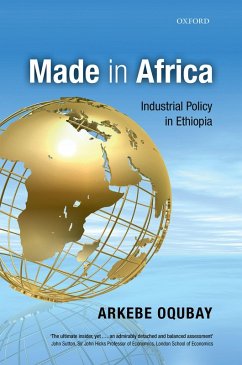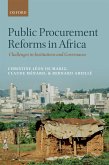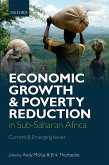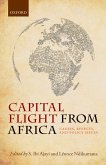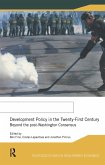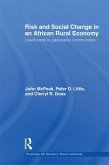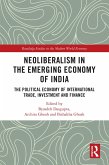This is an open access title available under the terms of a CC BY-NC-ND 4.0 International licence. It is free to read at Oxford Scholarship Online and offered as a free PDF download from OUP and selected open access locations. Made in Africa presents the findings of original field research into the design, practice, and varied outcomes of industrial policy in the cement, leather and leather products, and floriculture sectors in Ethiopia. It explores how and why the outcomes of industrial policy are shaped by particular factors in these industries. It also examines industrial structures and associated global value chains to demonstrate the challenges faced by African firms in international markets. The findings are discussed against the backdrop of 'industrial policy', which has recently found renewed favour among economists and international organizations, and of the history of thought about and practice in industrialization. The book seeks to learn from the failures and successes in the three sectors, all of them functioning under the umbrella of a single industrial strategy. It argues that an effective industrial policy requires a more interventionist state than most development economists would accept, including those recently claiming to champion a 'new industrial policy'. Moreover, it argues that success lies in the interactions among policy, specific industrial structures, and institutions. Specifically, a successful policy, he posits should maximize linkage effects, but will founder in the absence of a clear understanding of the political economy of each sector.
Dieser Download kann aus rechtlichen Gründen nur mit Rechnungsadresse in A, B, BG, CY, CZ, D, DK, EW, E, FIN, F, GR, HR, H, IRL, I, LT, L, LR, M, NL, PL, P, R, S, SLO, SK ausgeliefert werden.

